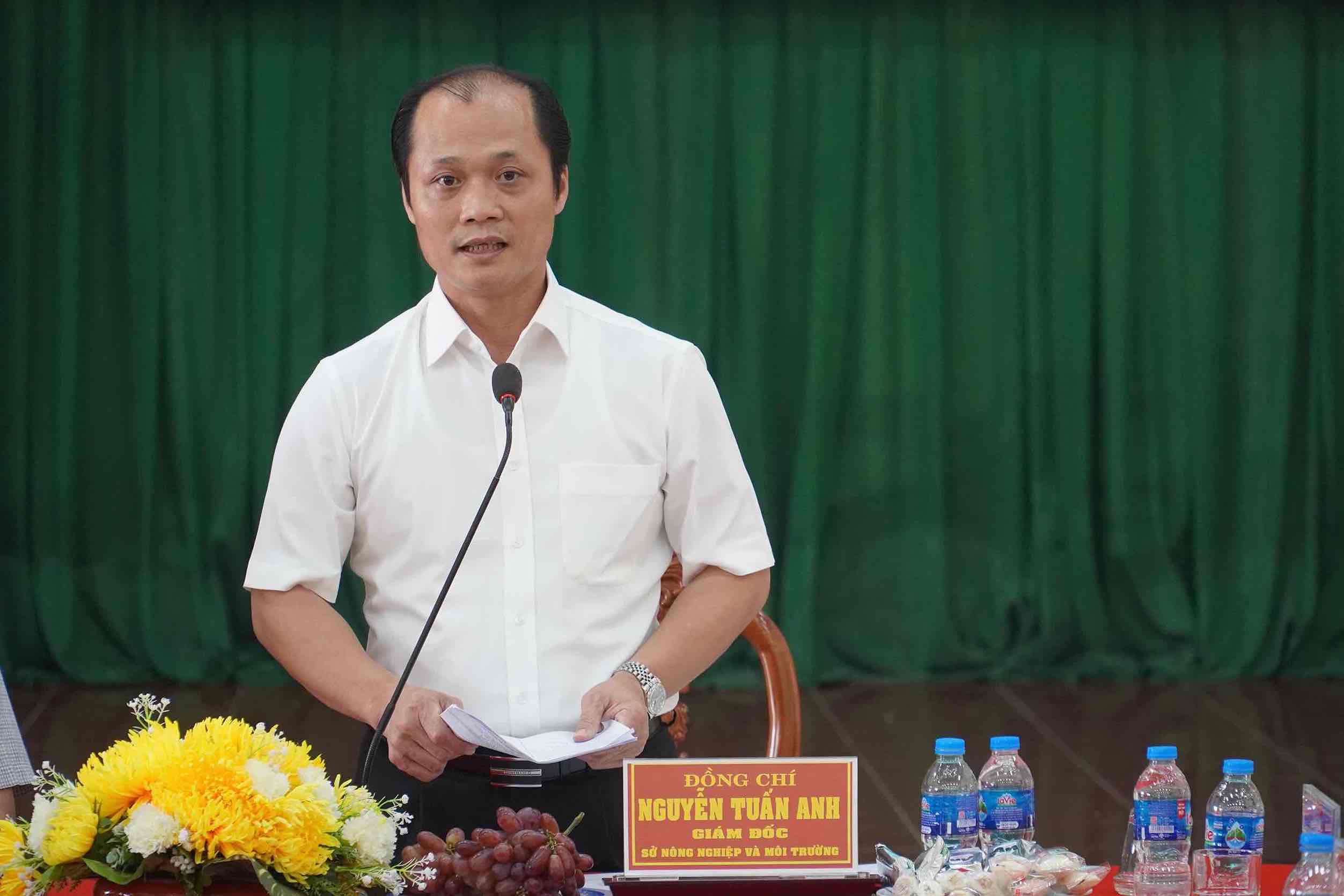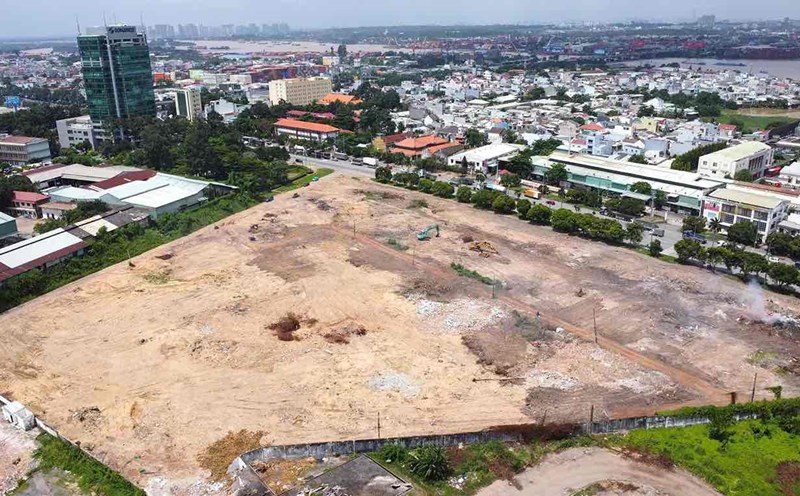On August 27, in Tan Trieu ward, the working delegation of the Ministry of Agriculture and Environment worked with Dong Nai province and communes and wards on the implementation of assigned tasks, decentralization, and division of authority; the reception and settlement of administrative procedures in the agricultural and environmental fields when implementing the 2-level local government model.

Reporting at the meeting, Mr. Nguyen Tuan Anh - Director of the provincial Department of Agriculture and Environment said that in the past 2 months, the implementation of tasks in the fields of agriculture and environment in the province and communes and wards has been basically stable. The Department has directed departments and offices to increase guidance and send staff to directly support the facility.
However, there are still some problems and confusion such as: Determining specific land prices; regulating units responsible for compensation, support, and resettlement when reclaiming land; personnel carrying out site clearance and participating in commune-level land appraisal councils.
In September, the department will organize extensive professional training for cadres performing state management of natural resources, agriculture and environment at the commune level to partly remove these problems.
At the meeting, representatives of communes and wards raised difficulties in granting land use right certificates, converting land use purposes in communes merged into wards; managing minerals, growing crops, raising livestock; state management of the environment.
Concluding the meeting, Deputy Minister of Agriculture and Environment Le Cong Thanh shared the difficulties and problems of the facility in the initial implementation of decentralized tasks, especially new tasks related to the land sector.
The leaders of the ministry also suggested a number of contents for localities such as: Researching the assignment of tasks to organizations and enterprises to perform some tasks that can be socialized; issuing guiding books, developing coordination regulations to carry out tasks according to procedures, quickly and effectively; increasing training to improve the professional qualifications of the facility, applying technology in job creation.











